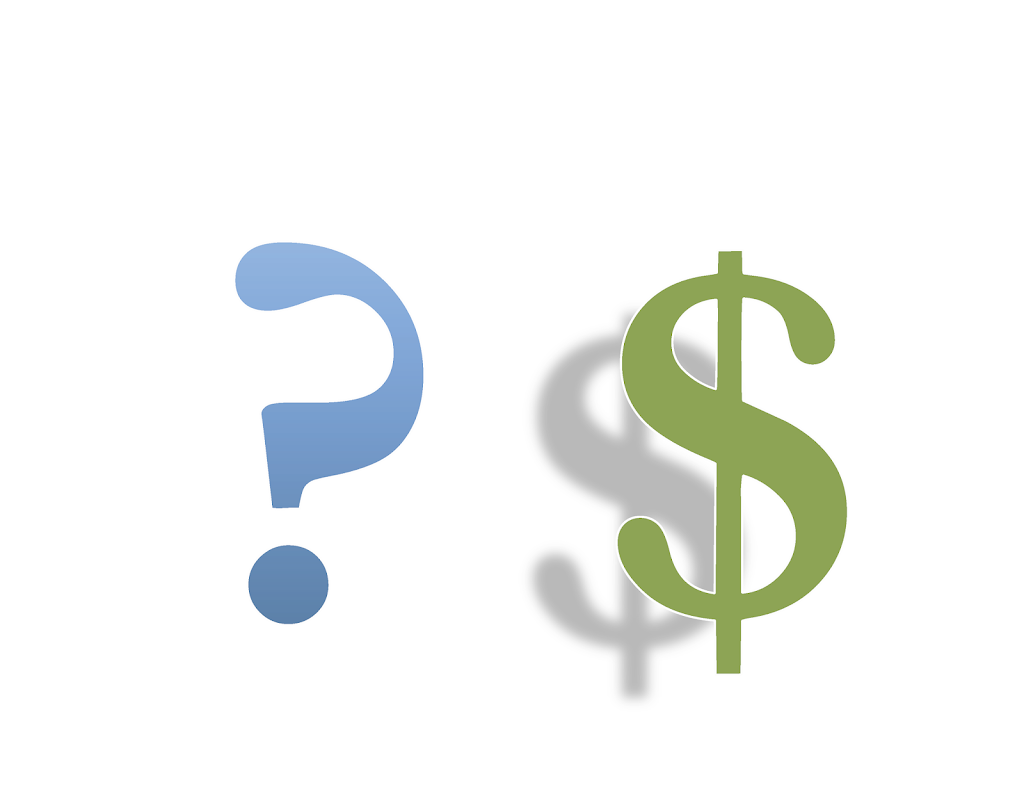 While I was in college, my boss told me that if you start your prices too low, you’ll never catch up to where you should be. That piece of advice has stuck with me over 14 years and I share it often.
While I was in college, my boss told me that if you start your prices too low, you’ll never catch up to where you should be. That piece of advice has stuck with me over 14 years and I share it often.
Despite knowing that, it was still a trick to determine where it was that I should start my rates. I knew to set them at market rates, but what was that? Lawyers don’t like to talk about how much they charge. I asked and asked, read surveys, then set it at a reasonable-sounding rate. Shortly after, I interviewed with a referral service who informed me I was too low and promptly reset my rates higher. I review and adjust annually, especially my flat fees, as my skills increase.
But initially I struggled: I looked at my clients and thought: “I can bill more in one hour than they can make in a day. I shouldn’t charge the full rate because maybe that will be hard for them.” I was completely undervaluing my services because of guilt and forgetting how expensive it was to become a lawyer.
I finally had a change of heart when I realized even my pro bono clients were driving newer cars than I was (15 years old with a very leaky roof). More than once I offered a client a discount only to discover the client had absolutely no need for one. I was making false assumptions about the people seeking my services and I was discounting my need to earn a living. Not only does that devalue me in the eyes of the clients, but as the attorneys in this article–Charging what you should? Lee Rosen–discovered, it lowers the rates that other attorneys around me can charge.
Set your rates fairly, then don’t be ashamed or guilty. If a prospective client can’t afford you, choose to negotiate a custom rate or direct the person to appropriate assistance programs. Practice saying out loud, My hourly rate is ____ and I need a __________ deposit in order to get started on your work.
